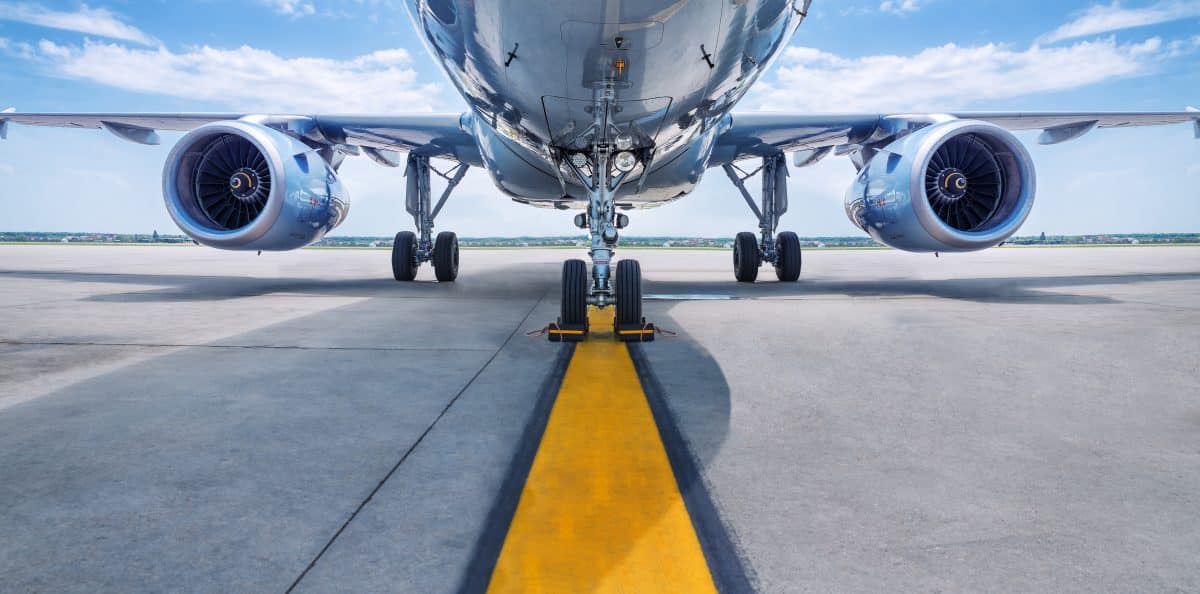In today’s fast-paced world, air travel has become an integral part of our lives. Whether it’s for business or leisure, flying by plane offers numerous advantages and disadvantages. In this article, we will delve into the various aspects of air travel, exploring its benefits and drawbacks.
Advantages of Flying by Plane:
- Speed and Efficiency:
One of the most significant advantages of flying by plane is the speed and efficiency it offers. Unlike other modes of transportation, airplanes can cover vast distances in a relatively short time. This makes air travel ideal for long-distance journeys, allowing individuals to save valuable time. - Global Connectivity:
Air travel provides unparalleled global connectivity, allowing people to reach any corner of the world with ease. This advantage is particularly beneficial for business professionals who need to attend meetings or conferences in different countries. Additionally, it enables individuals to explore diverse cultures and experience new destinations. - Comfort and Amenities:
Modern airplanes are designed to provide a comfortable and enjoyable travel experience. From spacious seating arrangements to in-flight entertainment systems, airlines strive to enhance passenger comfort. Moreover, many airlines offer amenities such as Wi-Fi connectivity, gourmet meals, and personalized services, making the journey more pleasant. - Safety and Reliability:
Air travel is considered one of the safest modes of transportation. Airlines adhere to strict safety regulations and invest heavily in advanced technology to ensure passenger well-being. Additionally, flight schedules are generally reliable, minimizing the chances of delays or cancellations.
Disadvantages of Flying by Plane:
- Cost:
One of the primary disadvantages of air travel is the cost associated with it. Plane tickets can be expensive, especially for long-haul flights or during peak travel seasons. This can limit the accessibility of air travel for individuals on a tight budget. - Environmental Impact:
Airplanes contribute to greenhouse gas emissions, which have a detrimental impact on the environment. The burning of jet fuel releases carbon dioxide and other pollutants into the atmosphere, contributing to climate change. This environmental concern has led to calls for more sustainable alternatives to air travel. - Security Measures:
In recent years, increased security measures have been implemented at airports worldwide. While these measures are essential for passenger safety, they can also lead to longer wait times and more stringent security checks. This can be inconvenient for travelers, particularly during peak travel periods. - Health Risks:
Air travel exposes passengers to various health risks, such as deep vein thrombosis (DVT) and respiratory infections. Sitting for extended periods in a confined space can increase the risk of blood clots, while the recirculated air in the cabin can potentially spread airborne illnesses. It is crucial for passengers to take necessary precautions, such as staying hydrated and moving around during the flight.
Conclusion:
Flying by plane offers numerous advantages, including speed, global connectivity, comfort, and safety. However, it also has its drawbacks, such as cost, environmental impact, security measures, and health risks. When considering air travel, individuals should weigh these factors and make informed decisions based on their specific needs and circumstances.

